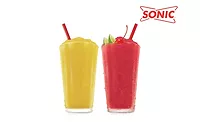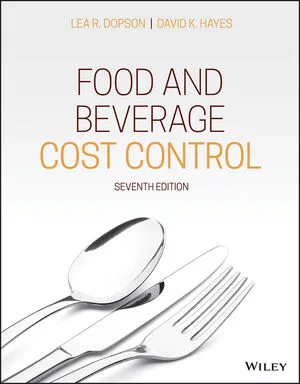Food Safety Summit educates on food safety progress, certifies professionals
Summit features educational sessions, certification courses
With the theme “Solutions for Today, Planning for Tomorrow,” the solutions-based 21st annual Food Safety Summit, an event hosted by Beverage Industry parent company BNP Media, will provide an in-depth schedule of educational sessions and certification programs when it returns May 6-9 to the Donald E. Stephens Convention Center in Rosemont, Ill. Professionals from every part of the food safety supply chain will have the opportunity to take advantage of eight certification courses, 26 educational sessions, a keynote presentation, discussion groups, several networking events and a tradeshow floor featuring 200-plus exhibitors.
“Each year,hundreds of food safety professionals participate in the certificate/certification programs during the Summit because they have access to all of the education, special events and networking opportunities the Summit offers,” said Scott Wolters, director of tradeshows and conferences for BNP Media, the producer of the event, in a statement. “We have partnered with the [National Environmental Health Association] (NEHA), [Food Safety Preventive Controls Alliance] (FSPCA), and [Association of Food and Drug Officials] (AFDO) to gives our attendees the opportunity to get the important training they need and become qualified individuals for their organizations. We are also pleased to announce that AFDO will be hosting their North Central Association Meeting during the first two days of the Summit.”
This year’s Summit will feature a keynote presentation from Michael Taylor, co-chair of the Stop Foodborne Illness Board and former deputy commissioner for food at the Food and Drug Administration (FDA), who will discuss “What will Drive Future Food Safety Progress?” Taylor will provide a historical perspective on the world of food safety, which hasn’t been the same since the Jack in the Box outbreak 25 years ago triggered change in how both industry and government understand their responsibility to prevent foodborne illness. Taylor will address what mix of bad events and contamination incidents — from peanuts and produce to melamine — is driving the food safety industry forward. He also will explore how consumer expectations, industry leadership, technological innovation and public policy will drive future food safety progress. Taylor’s keynote will take place May 8.
In addition to the keynote, the following highlights will be included at the conference:
- Certification and Training Courses: The Food Safety Summit seeks to help advance knowledge among the food industry to meet regulatory requirements and to help all members of the food industry get the training they need to do their jobs. Courses include Live Seafood HACCP Training, Produce Safety Alliance Grower Training and the IA Conducting Vulnerability Assessments Course, Professional Food Safety Auditor Training, a Certified in Comprehensive Food Safety course, HACCP Training, Preventive Controls for Human Foods, and Foreign Supplier Verification course.
- Educational Programs: These 26 sessions will cover important topics including blockchain technology, innovative social media and digital tools, whole genome sequencing, Prop 65, third-party accreditation, the Sanitary Transportation Food Act and more.
- Community Cafés: Back by popular demand, the community cafés will be set up to reflect the diverse sectors of the supply chain: manufacturing/processing; foodservice/retailer; distribution; and regulatory. At this year’s Summit, visitors will be able to learn about new solutions and continue conversations with experts in a dedicated exhibit hall and engage in small group discussions in the Community Hub. They also will be able to attend free presentations by food safety experts in the Community Learning Lounge, on the Solutions Stages and with new Tech Tent presentations.
- AFDO Meeting: New to the 2019 Summit, state and local regulators from Illinois, Indiana, Michigan, Minnesota, North Dakota, Ohio, South Dakota, and Wisconsin, will gather for the North Central Association of Food and Drug Officials (NC AFDO) Meeting to hear updates on food regulatory programs from the Midwest, and discuss the FDA’s retail food programs, implementation of preventive control inspections programs at the state and federal levels, third-party audit programs, and more.
For more information, visit FoodSafetySummit.com. BI
Looking for a reprint of this article?
From high-res PDFs to custom plaques, order your copy today!





